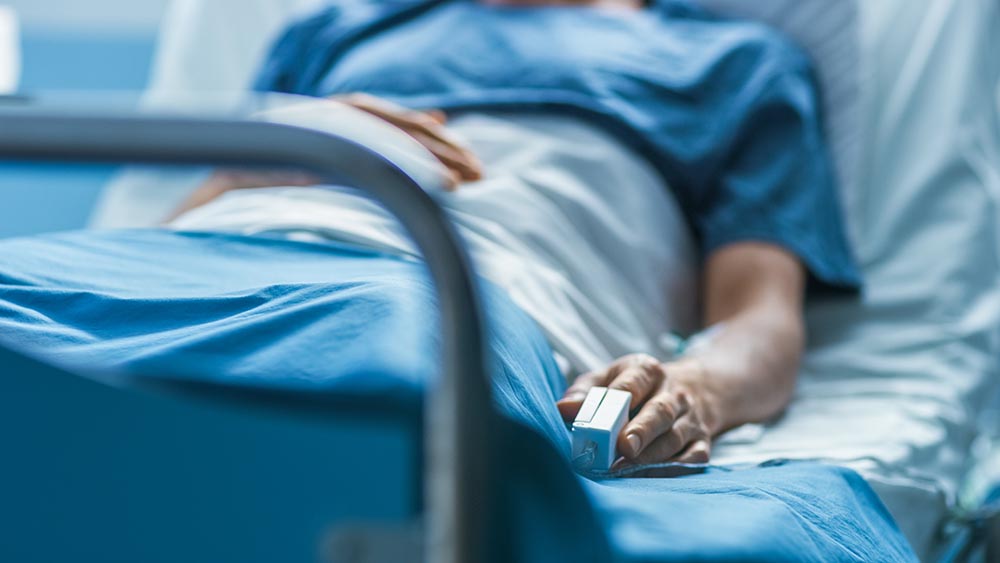People go to the hospital in order to have surgery or to receive treatment for an acute medical condition. The expectation is that you will feel better after leaving the hospital. However, in some cases, a patient may develop a Hospital-Acquired Condition, which is an additional medical condition acquired at the hospital as a result of medical negligence. If you suffered any additional medical complications, illnesses, or injuries as a result of your hospital stay, you may have the legal right to pursue a claim to receive compensation for your injuries and losses.
Hospital-Acquired Conditions
Hospital-Acquired Conditions (HAC) are developed as a “medical complication” that results from a patient’s stay in the hospital. Ultimately an HAC is a secondary diagnosis or injury that resulted from the patient’s stay in the hospital that was not present at the time of their admission. These medical conditions, injuries and illnesses are oftentimes considered a form of medical malpractice resulting from negligence of a healthcare provider or medical professional.
The 14 Legally Identified Hospital-Acquired Conditions
While any accident can occur in a hospital, the following are the legally identified HACs that are officially recognized by the Centers for Medicare and Medicaid Services.
- Foreign objects retained after surgery
- Iatrogenic pneumothorax with venous catheterization
- Air embolisms
- Blood incompatibility
- Deep vein thrombosis/pulmonary embolism
- Falls
- Blood incompatibility
- Catheter-associated urinary tract infections
- Poor glycemic control
- Surgical site infection resulting from bariatric surgery
- Surgical site infection resulting from cardiac implantable electronic device
- Surgical site infection resulting from certain orthopedic procedures
- Stage III and IV pressure ulcers
- Vascular catheter-associated infections
It is important to note that Centers for Medicare and Medicaid Services will not typically pay for any HACs, and therefore, if you find that certain portions of your bill are not paid it indicates strongly that a medical professional or the hospital violated established standards of medical care.
Medical Malpractice
Every hospital has a legal responsibility to ensure the safety of their patients. If you discover that the Centers for Medicare and Medicaid Services did not pay for a portion of your medical procedure while in a hospital, you may have the legal grounds to file a claim to receive compensation for your injuries and losses resulting from medical negligence. If a medical practitioner of any kind in a hospital, or hospital employee violates their duty regarding the standard of care required by the medical community, it may be a strong case for medical malpractice.
Contact a Compassionate Medical Malpractice Attorney
If you suffered any injuries or harm as a result of being a patient in a hospital or medical facility, you may have the legal right to pursue justice for your medical bills, lost wages due to your inability to return to work, and pain and suffering. Contact an experienced medical malpractice attorney at Griggs Injury Law at (816) 474-0202 who can help you understand all of your legal rights and help you receive the compensation you deserve for your hospital-acquired injuries or illness.


